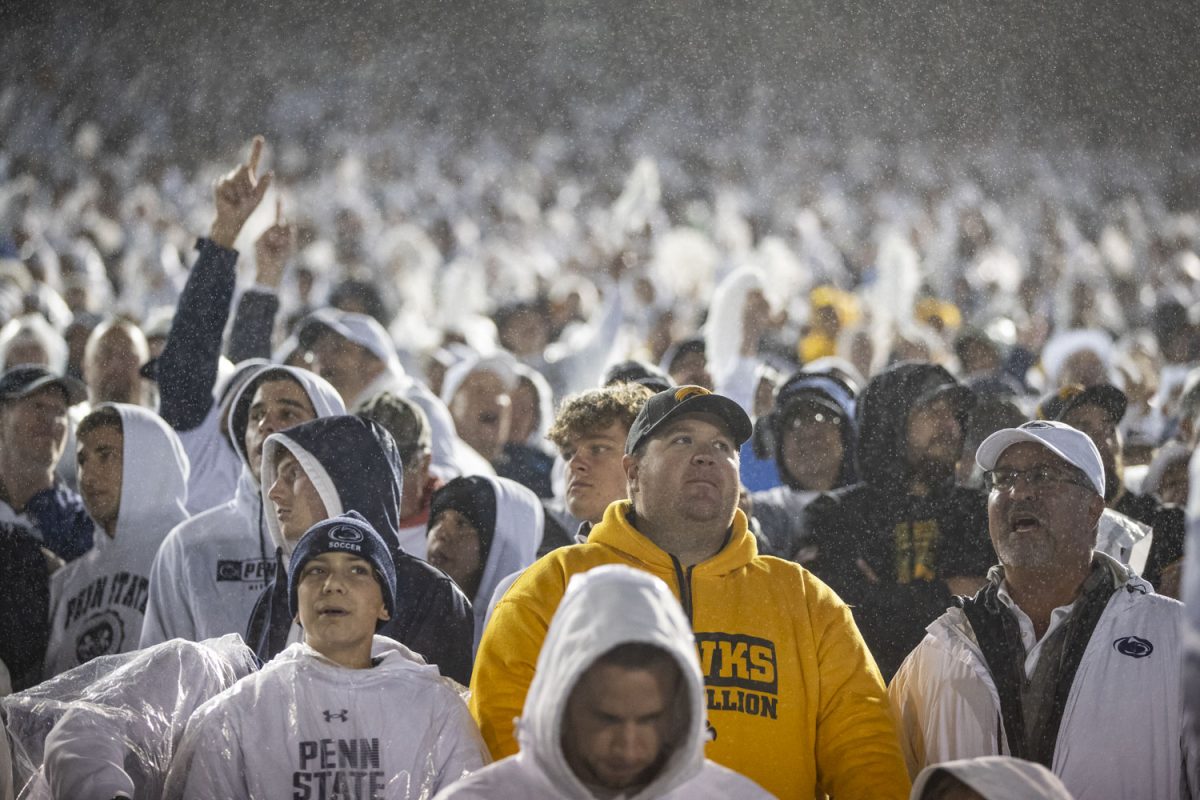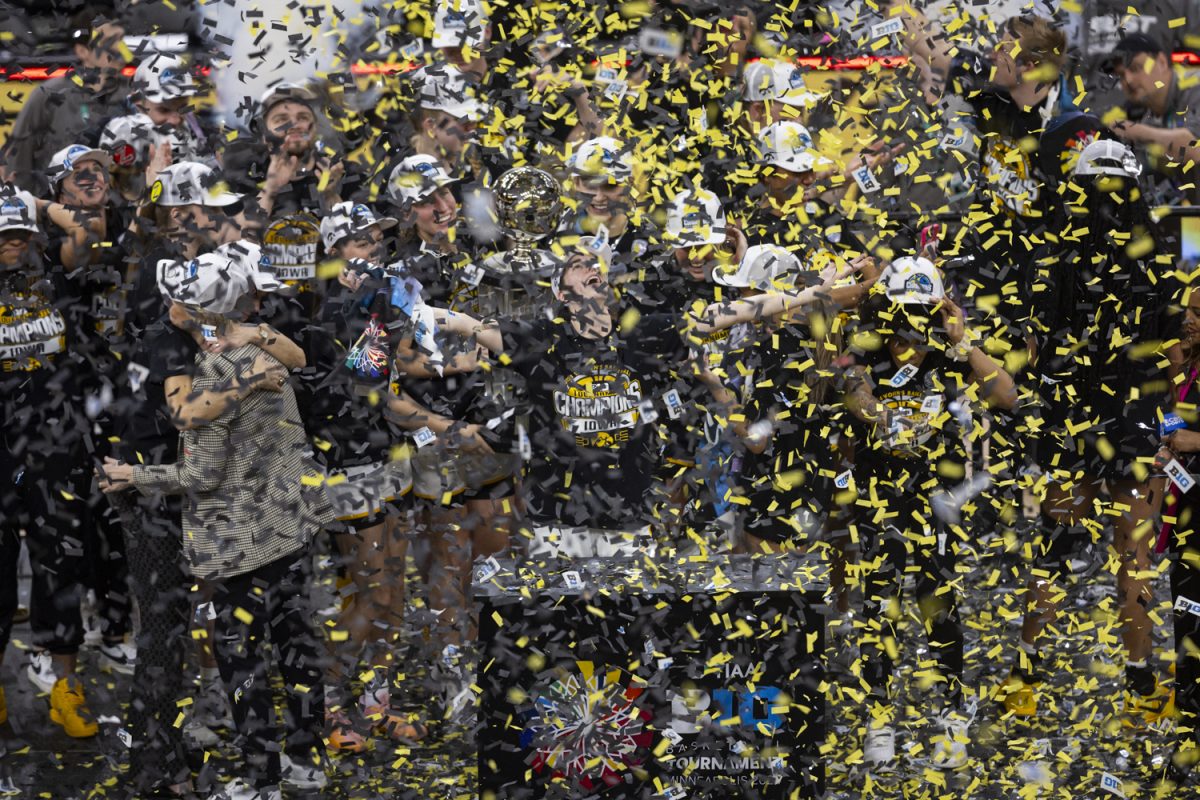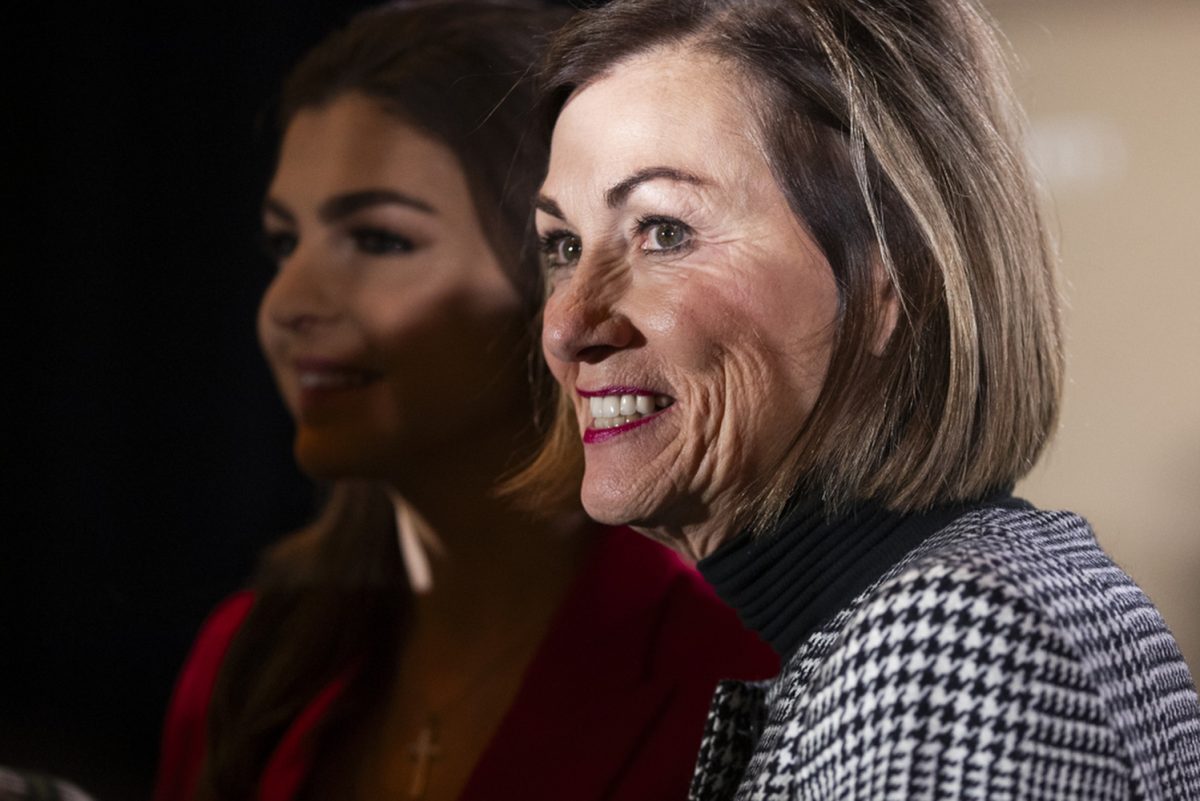College football is becoming a commercialized, super-conference mess.
This same situation almost happened in Europe, but the European Super League was able to keep its traditions and regionality after its fans boycotted.
American college football fans must band together like those in Europe to save college football from going the way of the Super League.
Sport rivalries are a fun regional tradition seen all around the world. In England, the premier soccer league is dominated by many local rivalries between clubs like Manchester United and Liverpool.
The same can be seen here in the U.S. through college football. Iowa, for example, has many rivalries with teams like Iowa State, Minnesota, and Nebraska. College football serves as a point of local pride for alumni and residents of each state. It is a way to support your school and region in competition against others.
However, these long-held rivalries and traditional conferences are getting torn apart by schools wanting better TV deals.
In 2021, a proposal was created with 10 of the top soccer clubs across Europe to form a league in which they could play each other in primetime games. The proposal was intended to help the already wealthy clubs make extra money through highly anticipated matches that would draw in large viewership.
This is now occurring in the U.S. as well. Schools like Texas and Oklahoma are leaving conferences like the Big 12 for the larger Southeastern Conference, or SEC, so they can play under the SEC Network and go against prominent schools like Alabama, LSU, and Tennessee.
The same applies to schools like UCLA, USC, Washington, and Oregon, which left to play their respective conferences in light of better TV deals and bigger opponents. Top schools in lower-level conferences are flocking to bigger and wealthier conferences to maximize their profits.
This kills the regionality college football is built on. Traditional rivalries like Oklahoma vs. Oklahoma State and USC vs. Stanford are stifled so that bigger schools can make even more money.
Reflecting on Europe, we can see how their fans responded to the soccer Super League. Politicians around the continent spoke out against it, players spoke out against it, and fans protested it. Fans of every soccer club that planned to join denounced the Super League. They brought banners to games, they protested outside of stadiums, and in London, Chelsea fans prevented the team bus from leaving.
It is fans of teams like Iowa who need to fight for the other schools. Like in Europe, fans need to protest games and speak out against these moves. Fans need to stop giving their money to the organizations that are causing these moves by refusing to watch or attend games or buy merchandise.
Americans tend to forget that the individual consumer has immense power. The Europeans remind us that we do. These media companies have power due to our compliance and silence. We need to protest and push back to protect the traditions we love. If not, college football may become nothing but top teams playing on a super network with no basis in the collegiate culture they come from.
Columns reflect the opinions of the authors and are not necessarily those of the Editorial Board, The Daily Iowan, or other organizations in which the author may be involved.













